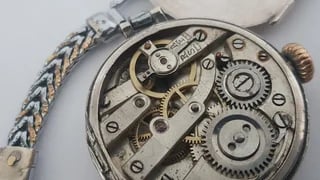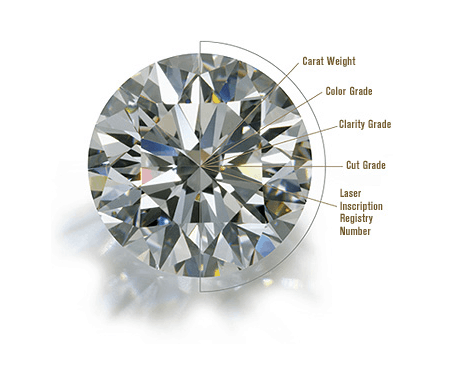We know you don’t always have the time (pun definitely intended) to think about maintaining your watch. If you’ve got a cheap Timex that you picked up at a flea market then there’s no reason to give it a second thought, but that’s not why you’re here. You’ve invested in a well-built watch, so why not keep it in pristine condition for years to come? Here are the top tips you need to know to keep a watch in running order:
A Clean Watch

You might change your shirt every day, but changing your watch every day might prove difficult. The fact remains though, that your watch is exposed to all the dirt, sweat, and grime that your shirt is, so it needs to be cleaned to keep it looking (and smelling!) good. Cleaning a watch with warm soapy water and scrubbing it down with a dedicated toothbrush is a great place to start. If you have a leather watch strap though, you might want to skip the water and use a leather cleaner and conditioner instead. This will not only keep your watch strap clean, but it will also allow the leather to resist cracking and fading.
Avoid Magnets
The components inside your mechanical watch are mostly metal, which means they can be easily magnetized. If your watch becomes magnetized, its inner workings (especially the hairspring) will start to stick together, like any magnet would. This usually results in your watch running faster than it should. Unless you have a specific model that is designed to resist magnets (like the Rolex Milgauss, the IWC Ingenieur, or the Omega >15,000 Gauss), then you should take your watch to a jeweler to be “degaussed” or de-magnetized. Some common sources of magnets are speakers, computers, and microwaves.
Get Your Watch Serviced

Your watch is a machine at the end of the day, and all machines need regular servicing to keep them running well. If you don’t have your watch checked, internal components could break down and create a very costly repair situation. In order to avoid such an issue, we recommend taking your watch in every 2-3 years to be serviced by a professional watchmaker. If you have a quartz watch, then you can extend this service period to once every 3-4 years.
Check The Water Resistance
Usually the back of a watch will have some information about the watch itself, such as the brand name, where it was made, and how water resistant the watch it. It can be confusing to see “Water Resistant To 10 Atm”, but even when water resistance is written in meters, it can be misleading. Many watch consumers (myself included), might think that “water resistant to 30 meters” is plenty, after all, how many of us go deeper than 30 meters in water with our watch on? The deep end of a swimming pool is only about 3 meters anyway. In reality though, a watch that’s water resistant to 30 meters can only withstand a light splashing of water before you risk getting water inside it. Water pressure increases as you descend, so external pressure can force water into gaskets that aren’t tightly sealed. If you want to dive with your watch, please make sure that it is rated for the depth you’re diving at – otherwise, leave the expensive watches on the boat.
Not Wearing Your Watch? Keep It Safe
People can make bad habits for convenience’s sake, but from the very first day you get your watch, make sure to put it in a designated location when you aren’t wearing it. Not only will this (hopefully) prevent you from losing your watch, but it will also protect your watch from common occurrences like falling off countertops or getting scratched on surfaces. If you own an automatic watch, you can buy one of these boxes to make sure that your watch is fully wound, even if you don’t wear it for extended periods of time.
Keep Away From Chemicals![]()
If you’re doing some heavy cleaning, you should probably take off your watch first. The fumes in solvent- based cleaners can easily strip lettering and oils from your watch if you aren’t careful. Just like you wouldn’t scrub an oven in a well-cut Brioni suit, don’t do the same with a Patek Phillipe watch.
Don’t Be Extreme
We all know that a hot summer’s day can turn a car’s interior into a sauna, and have the steering wheel burns to prove it. Leaving your watch in such an extreme temperature can shorten the watch’s battery life (if it uses a battery) and can fade the watch face if exposed to direct sunlight. Do yourself a favor and don’t leave your watch unattended. If you do, make sure you leave it in a room that is neither too hot or cold.
Avoid Shock
If you looked inside your mechanical watch, you’d see a perfectly crafted contraption of interlocking gears, springs, and coils. The watch depends on each of these individual components working in sync with each other in order to function as it should. If a sharp jolt throws one or more or these parts out of sync, your watch may not work as it should. Sure, most watches have their vital pieces suspended in a floating frame to prevent this from happening, but why take the risk? Leave your watch at home if you’re planning on doing anything that can throw it for a loop.








